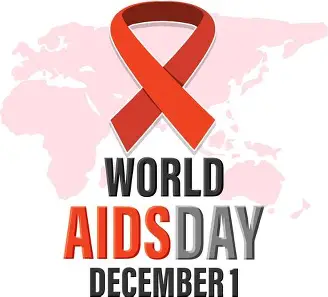For the first time since 1988, the United States government will not commemorate World Aids Day, according to reports.
The state department has instructed its employees and grant recipients not to use government funds to mark the annual event on 1 December, nor to promote it publicly. The directive was first reported by journalist Emily Bass and confirmed in an email seen by the New York Times.
Staff and grantees may still attend related events and highlight ongoing work to combat Aids and other infectious diseases, but the email advised them to “refrain from publicly promoting World Aids Day through any communication channels, including social media, media engagements, speeches or other public-facing messaging”.
The message further stated that government policy is “to refrain from messaging on any commemorative days, including World Aids Day”, despite President Donald Trump having issued proclamations for numerous other observances, such as Anti-Communism Week and National Energy Dominance Month.
Tommy Pigott, a state department spokesperson, told the New York Times: “An awareness day is not a strategy. Under the leadership of President Trump, the state department is working directly with foreign governments to save lives and increase their responsibility and burden sharing.”
About World Aids Day
World Aids Day has been marked annually since 1988 to honour those who have died from the disease, to recognise efforts to contain the epidemic, and to raise public awareness.
Last year, President Joe Biden hosted the first White House display of Aids memorial quilt panels, commemorating more than 110,000 lives lost.
Since returning to office, Trump has cancelled foreign aid programmes tackling HIV and Aids, cut research and prevention resources, and restricted funding under the President’s Emergency Plan for Aids Relief (Pepfar). Established under George W Bush, Pepfar is credited with preventing 25 million early deaths.
World Aids Day has traditionally been the occasion when the state department shares Pepfar data with Congress. It remains unclear whether this will continue.



